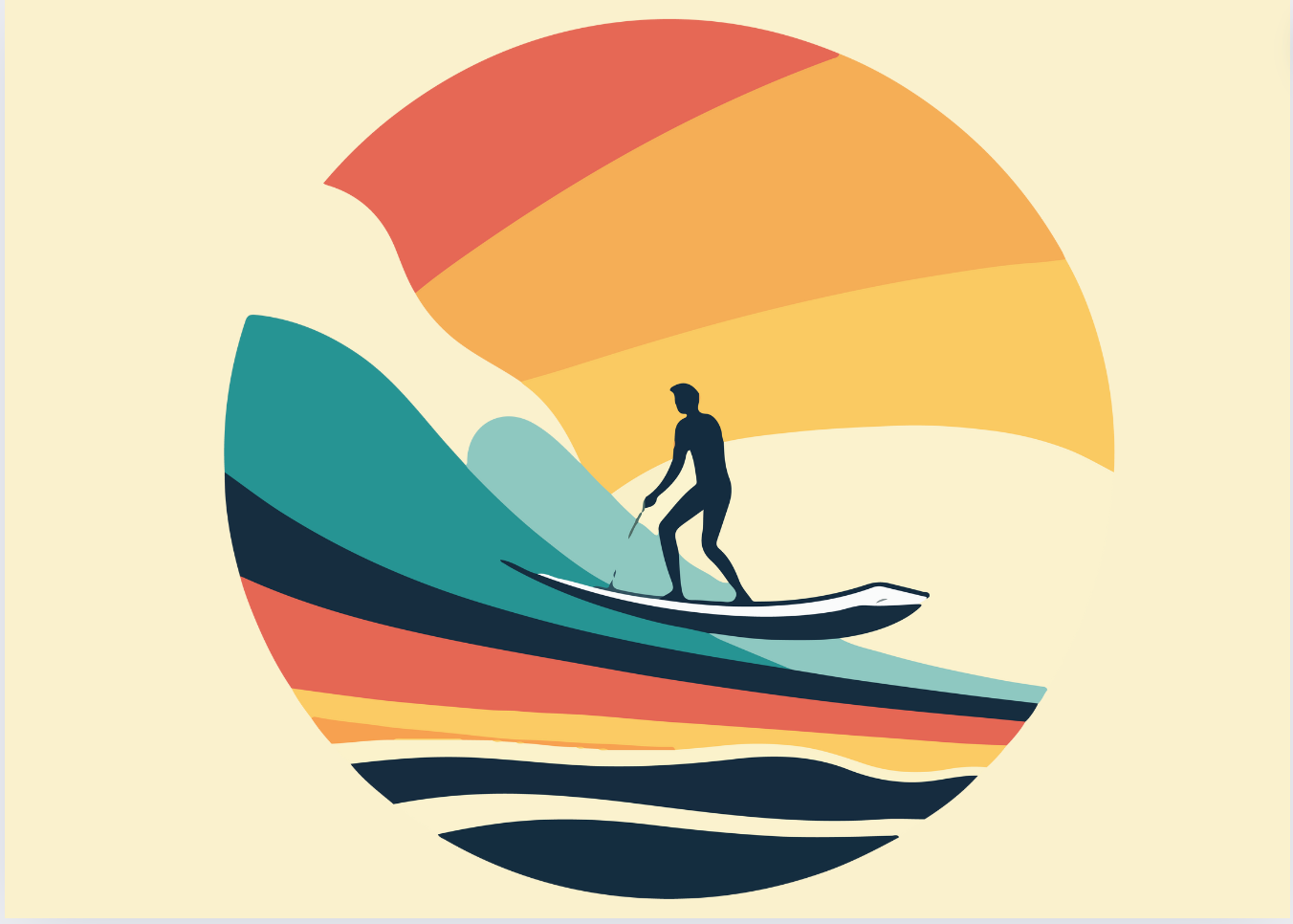Three Key Lessons from a Growth Stage Start-Up
How to keep raising the bar, to value strong go to market relationships and to hire for resilience
👋🏻 Helen here with our weekly installment of Mind the Beet. Last week, I closed my 3-year chapter of working at Guild. I am deeply grateful for my time at Guild and the opportunity to make the leap from Microsoft to the world of start-ups. In this week’s post, I’m going to share the three key lessons that I’m taking with me wherever I go next (more on that at the end).
If you are new to this newsletter, subscribe and follow for more candor and real-life talk on what it’s like to be a leader in tech while balancing parenting and life.
I remember when I was deciding to join Guild, I had an open mind that I had no idea of what the tech world or product management outside of a giant megacorp looked like. I knew I wouldn’t be at Guild forever (any late-stage growth company seems to be 2 years from an exit), but I did not know for how long or all that would learn. It was a scary leap to make, and I have loved every minute of it and would wholeheartedly recommend to my friends in big tech to find a way to expand your horizons and see what else is out there.
Three years ago, I came to Guild as a front-line manager from Microsoft, but I leave as a more confident leader with experience leading multiple teams (product and operations), as well as a more evolved leadership and product coach. I also leave with a much better understanding of the differences between a megacorp and a growth start-up (mega-corp to growth stage company transition), how to onboard to an organization as a leader and be intentional about listening first/acting fast next, as well as how to lead teams through ambiguous times (both because of the macro tech environment and the fluidity of start-up world).
So, if you are considering making a jump like this or are finding yourself at the beginning of a similar adventure, here are the three pieces of advice I’d give you based on my lived experience.
Unapologetically keep raising the bar
Joining Guild was the first time I came in as a leader (vs. earlier in my career when I’d join teams in more junior positions). While I took the time to listen and learn about what has been done and the decisions that have been made to date, I did not shy away from asking for high-quality work off the bat.
I led with curiosity and questions rather than an opinion of whether something was good enough or not. As a leader, I learned how easy it was to miss the context of assumptions being made and what the team was solving for at any given moment. Getting to that truth quickly and then sharing a point of view on whether or not the assumptions are logical helped me keep the team focused on ultimate success.
Key questions I practiced asking: Are you proud of your work? What are you optimizing for? Is this the winning plan or the most feasible plan?
I learned that expecting excellence early and consistently set me apart and made people want to follow me and work with me. I loved that I had a reputation that I expected people to bring 100% of their effort to work.
Build trust with sales and customer success teams
In a business without a large commercial install base, I was building a product that needed to meet the needs of future customers as well as set the company up for renewal of contracts with existing customers. Balancing the roadmap to strike this balance required a deep understanding of both what the sales teams were seeing and what customer success teams were dealing with on a daily basis.
It’s easy coming in as a product leader to focus on operational inefficiencies, internal stakeholders, and cleaning up processes and backlogs, but the focus I wish I had more of from day 1 was spending more time with go-to-market teams and really understanding their needs and worldview.
Marketplace businesses, especially, make it easy to unintentionally focus on just one persona instead of seeing the broader picture (e.g., the end user vs. the buyer). However, I learned that I could not be successful without that end-to-end view, empathy, and deep understanding.
While it is natural in a new role to focus on building relationships with dev and design counterparts, my learning is to actually focus more on customer-facing teams in the first 90-120 days.
Key questions I practiced asking: Is what we are building market viable? What will adoption barriers be? Why are we struggling to close deals/retain customers? What competetive plays are you most worried about?
Resilience and optimism will win the day
While every job I’ve ever had demands grit and perseverence, the ride of a growth stage start up requires it at a different level than I knew. On my best days, I was able to see every twist and turn as a new opportunity and a new thing to learn.
The burnout from this kind of churn is very real, and learning how to thrive in this environment is a skill to be mastered. Those who succeed are able to not just embrace the change but be a part of it, help define it, and ride the wave. As a leader, it’s also important to realize that this is the phase that the organization is going through and hire accordingly - ie not just PMs/Devs who know how to be product managers or coders, but those who have the patience to go through a lot of growing pains, change, two steps forward/one step back types of days.
Key question to ask: Will this candidate be able to lean into change? How much tolerance will this candidate have for strategic shifts? What are the things that will trigger a burnout?
What’s Next
As I close this chapter of my career, I’m ready to take a pause. I have been in the workforce for 20 years with no breaks, and I expect that I will have another 20 years to go before retirement. So, to avoid burnout, I’m bringing my retirement along and taking a breather to recharge and get ready for the next thing.
To that end, I’m going to learn how to live life at a different speed for the summer and take a page out of Adam’s playbook and build myself an amazing sabbatical. I plan to focus on health (physical and mental), connection with my kids, friends and family, and joy through giving.
My goal is to keep myself open to the possibilities for the future as I refill my tank and get ready for whatever comes next.



